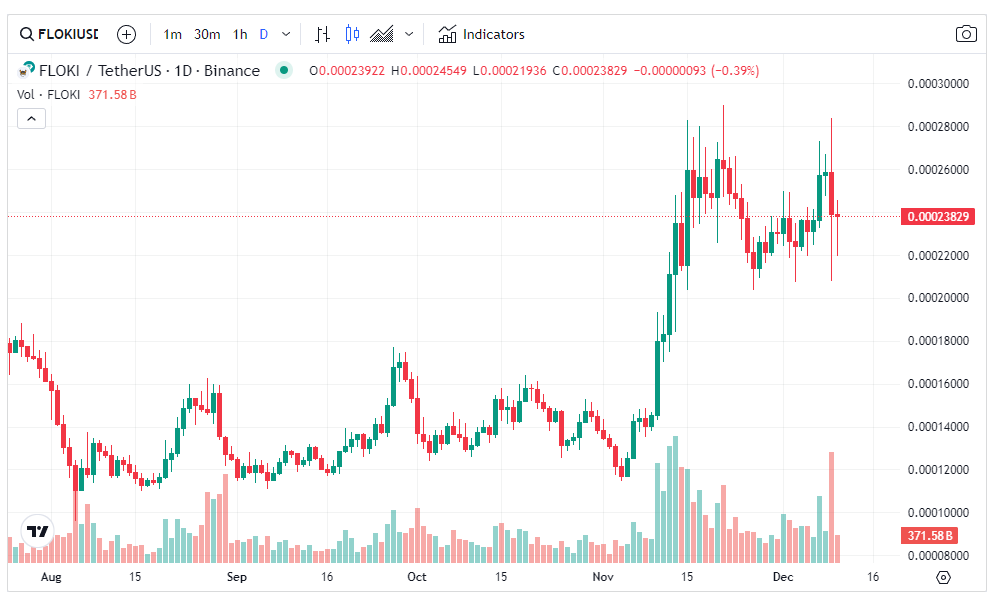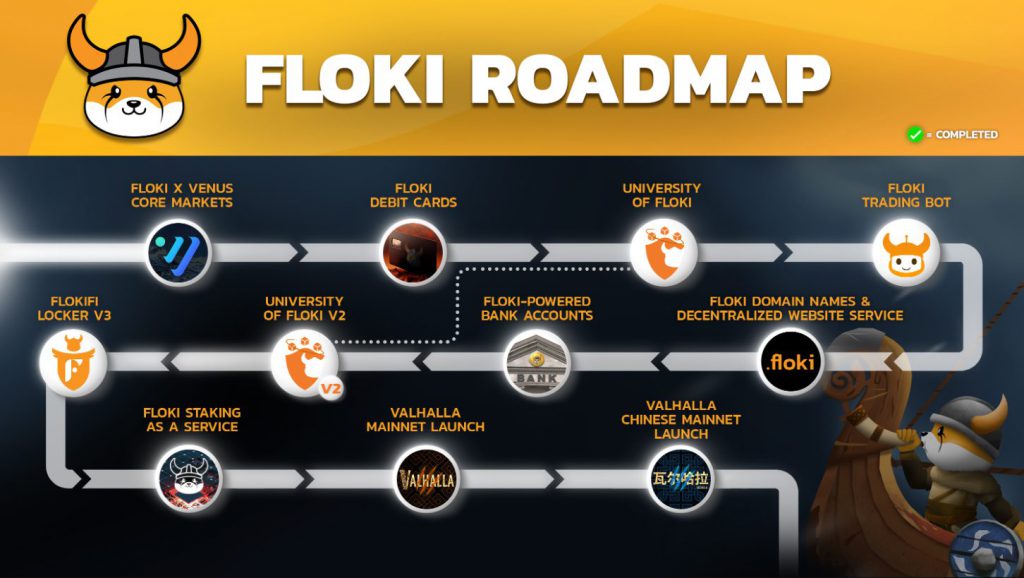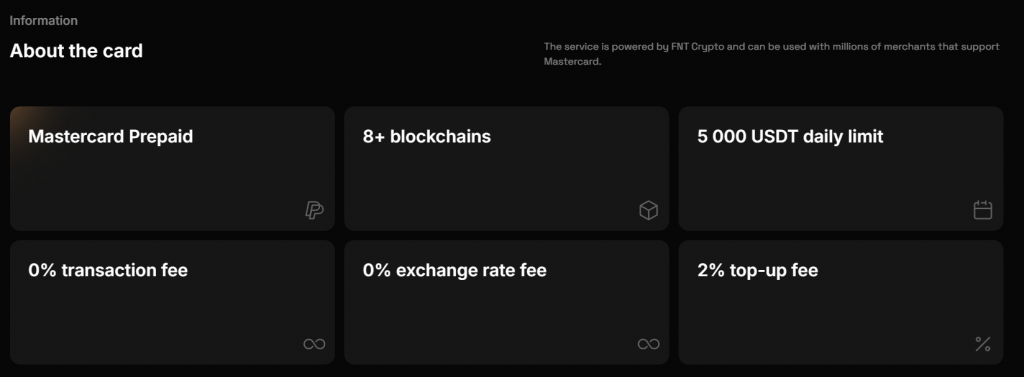The Floki Inu debit card launched in Europe today. It opens up cryptocurrency payment options to millions of merchants with Mastercard acceptance. Users can transact across eight blockchain networks, including BTC, ETH, USDT, USDC, BNB, SOL, and FLOKI. The launch sparked market interest, pushing FLOKI’s price up by 4%. The Floki Inu crypto card now connects digital assets directly to everyday purchases.


Also Read: China Retaliates on Trump’s Tariffs: Bans 50% of US Material Exports
Explore the Advantages of Floki Inu’s Crypto Debit Card for Secure & Low-Cost Transactions in Europe


Card Options and Availability


Users can choose between two Floki Inu debit card types. The physical card costs €32 plus shipping, and the virtual card costs €10. The service runs in 31 European countries. Austria, Germany, and France lead the supported markets. The Floki Payments Europe service keeps growing, but Türkiye isn’t included yet.
Transaction Features and Limits


FNT Crypto runs the service without charging transaction or exchange rate fees. Users only pay a 2% fee when adding funds. Physical cards allow up to 10,000 USD daily; virtual cards permit 5,000 USD daily, and monthly spending caps at 20,000 USD. The cryptocurrency payments system keeps transactions secure and private.
Also Read: Bitcoin: What Could a $1,000 Investment Today Be Worth in 2030?
Supported Cryptocurrencies and Networks


The Floki Payments Europe network supports many tokens across blockchains:
- USDT works on ERC-20, TRC-20, BSC, Algorand, TON, and Polygon
- USDC runs on ERC-20, Polygon, Stellar, and Algorand
- It also handles DOGS, HMSTR, and Tether tokens (EURT, XAUT)
- Native FLOKI token works directly
Usage and Merchant Acceptance
The Floki Inu crypto card works at all Mastercard prepaid locations. Pay with card numbers, expiry dates, and CVC codes. You can also use contactless payments through mobile wallets. Most merchants accept the card, but some might limit prepaid virtual cards. Extra fees may apply for purchases in different currencies.
Also Read: Ripple: Will XRP Claim $3 Around Christmas 2024?





